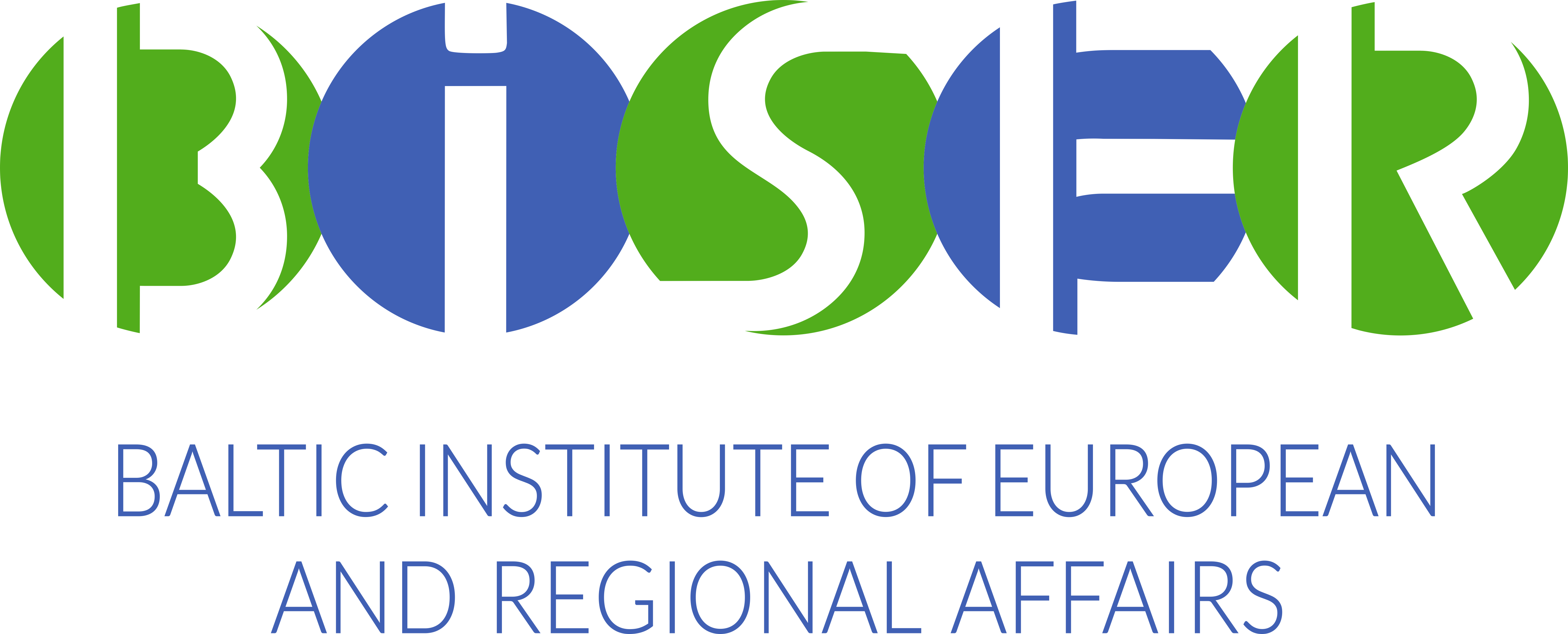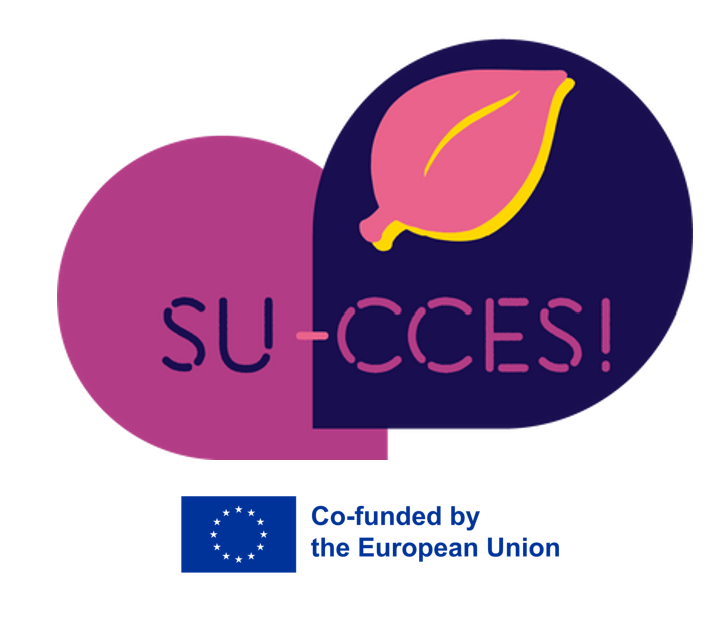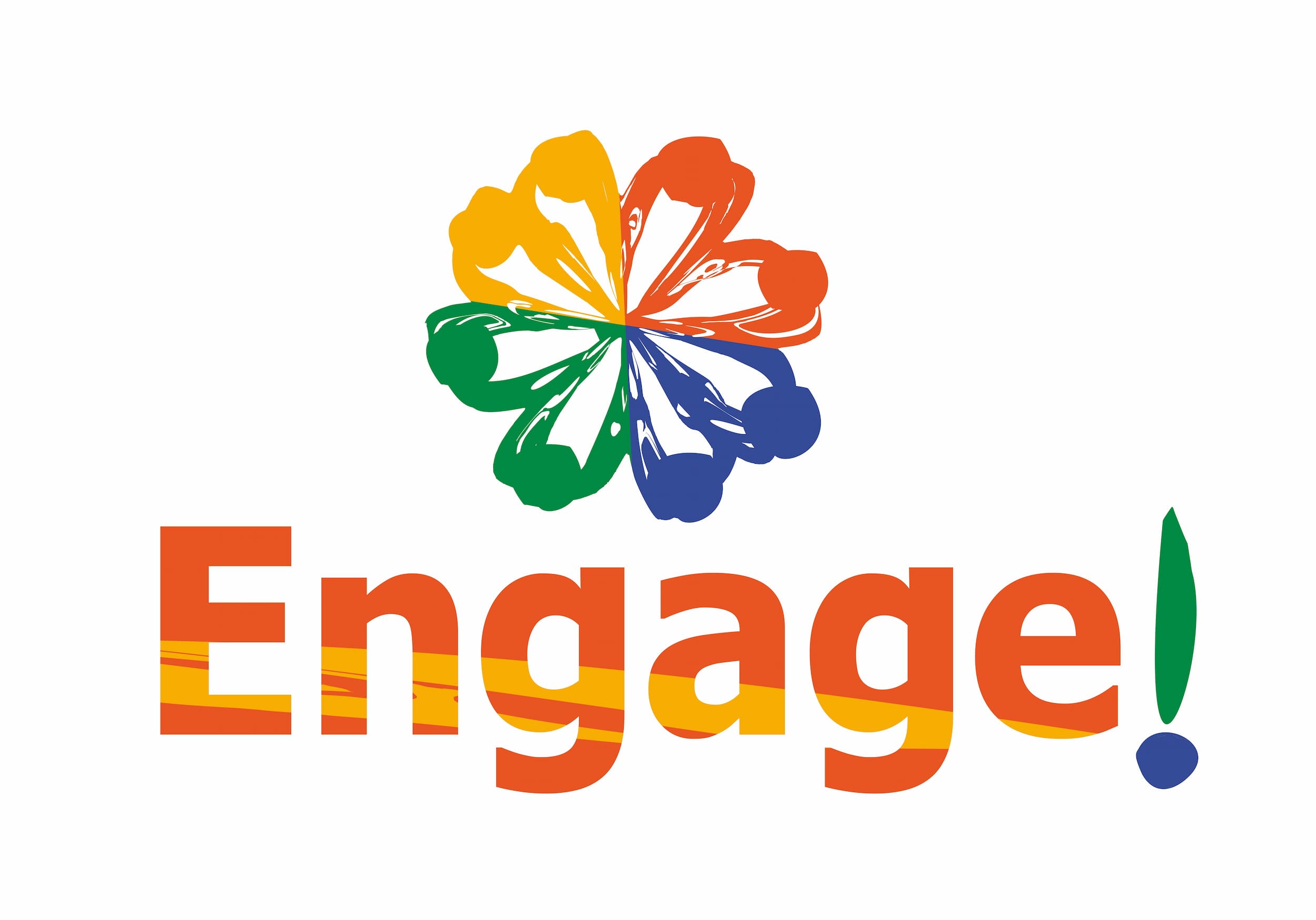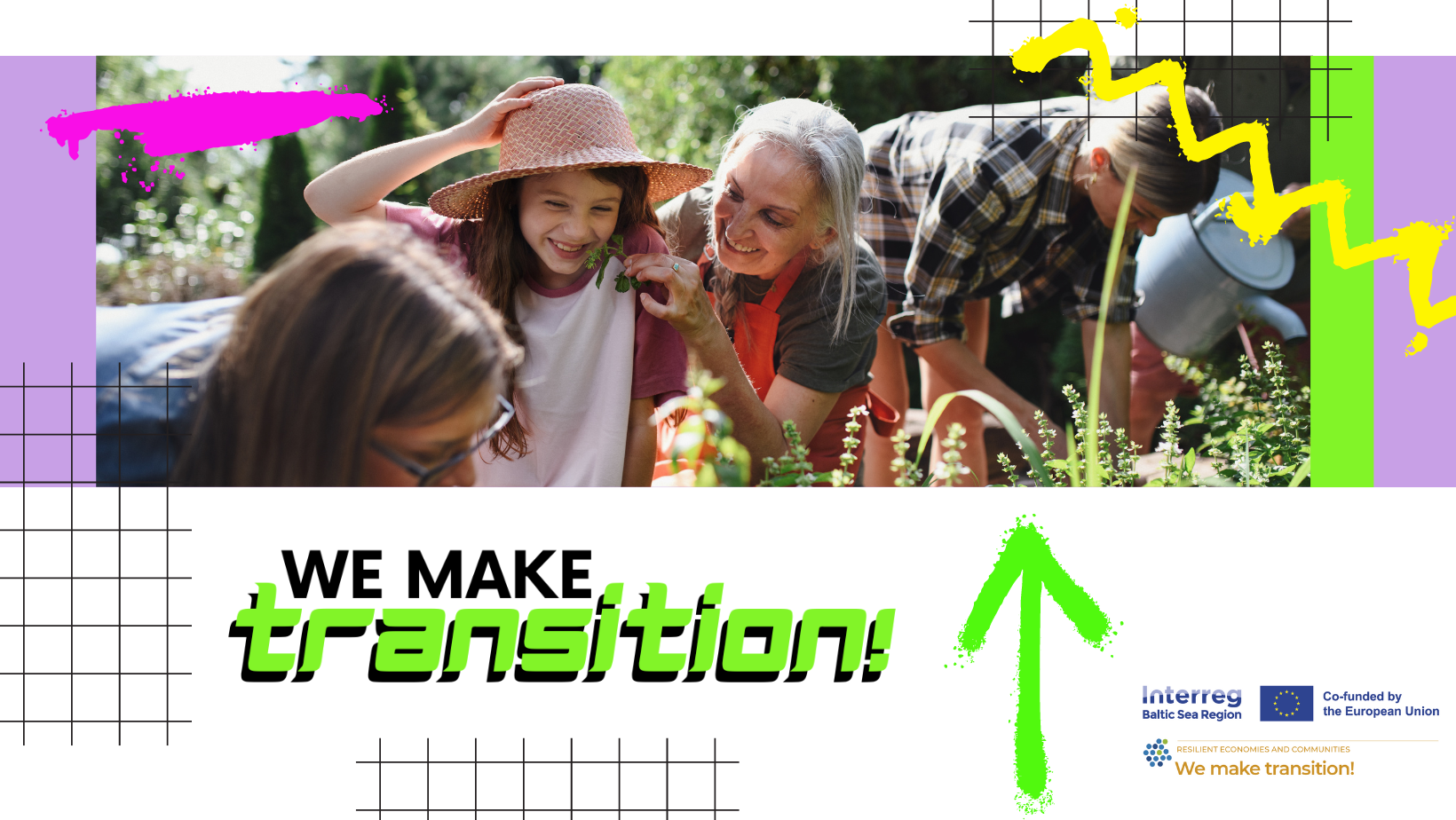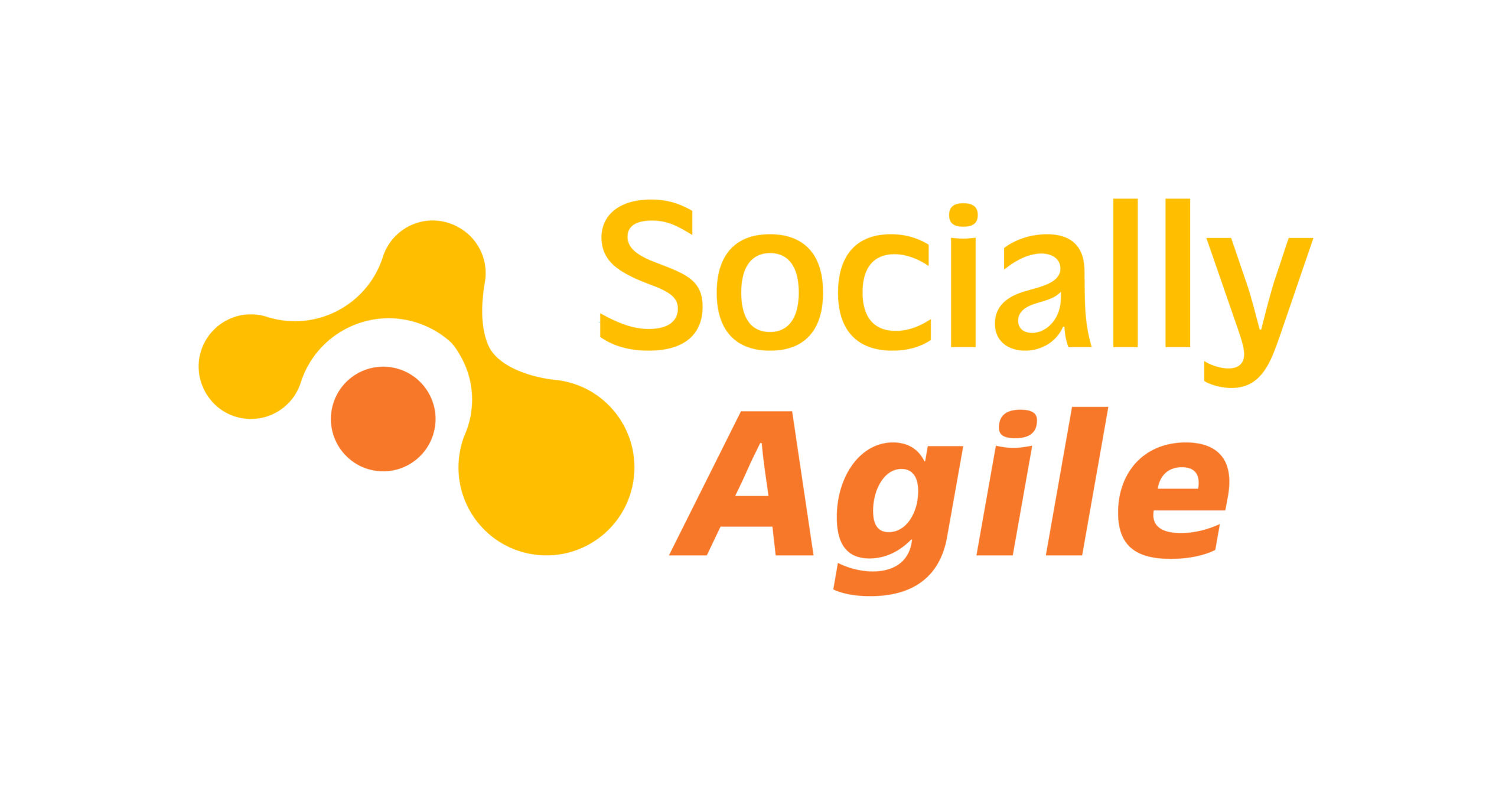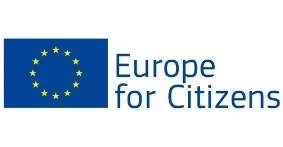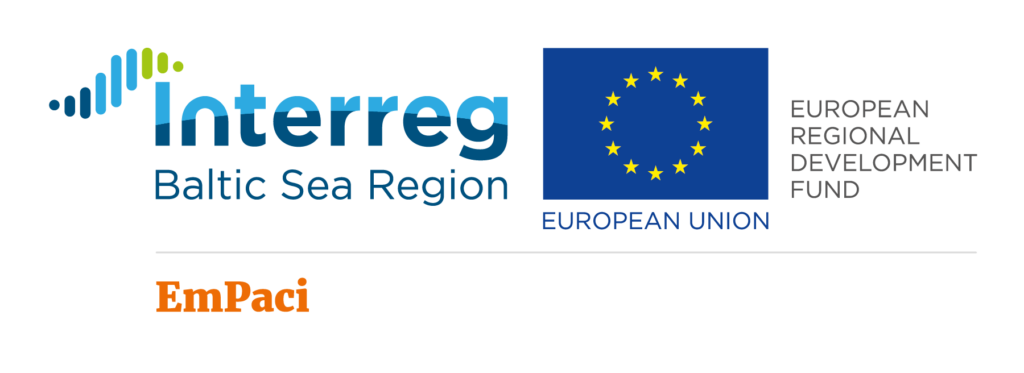Panel No. 16 of the virtual IRSPM Conference 2021 will be held on 20 – 23 April 2021 called for papers.
Corresponding chair: Dr. Ellen Haustein, University of Rostock (Germany) – EmPaci Lead Partner .
Panel co-chairs – EmPaci Partners:
- Peter C. Lorson, Dr., University of Rostock (Germany)
- Jaroslav Dvorak, PhD, Klaipėda University (Lithuania)
- Lotta-Maria Sinervo, Tampere University (Finland)
- Pauliina Lehtonen, Tampere University (Finland)
Papers are invited on topics such as:
- Best practices, success stories and lessons learnt in participatory budgeting in volatile times
- The role of different stakeholders in participatory budgeting
- Theories to explain success and failures of participatory budgeting
- Participatory budgeting implementation in times of the pandemic
- Designing participatory budgeting for dressing global threats such as climate change
- The contribution of participatory budgeting to pluralism
- Co-creation in participatory budgeting
- The role of open government for participatory budgeting
- The role of dialogic accounting for participatory budgeting
- Forms of accountability for fostering participatory budgeting
- Capacity building for successful participatory budgeting
Background
Participatory budgeting is used since several decades in order to give citizens the opportunity to influence public spending decisions and to form a part of democratic decision-making processes. It can affect accountability relationships, strategic planning of public entities and also public sector accounting and is therefore an overarching topic of public management. Given nowadays opportunities of digital media and social networks, participatory budgeting enjoys renewed interest in order to foster values of community, political discourses and localism (Royo et al. (2010)). The COVID-19 pandemic in 2020 provided both opportunities for virtual designs of PB, but also challenges with respect to less face-to-face events organized. More generally, criticism has been raised that some forms and recent practices of participatory budgeting do not lead to enhanced legitimacy or better decision-making processes. On the contrary, research has shown that even the level of frustration can rise (e.g. Célérier and Cuenca Botey (2015)), the implementation is only ‘cosmetic’ and often local initiatives for participatory budgeting are stopped after a few years.
This panel therefore seeks to discuss traditional and innovative forms of participatory budgeting in order to elicit chances but also downsides of different ways to involve citizens in public spending decision-making. This also involves ideas on how to purposefully implement PB in times of the pandemic and how to address global threats such as climate change. The aim is to contribute with critical views on participatory budgeting thereby showing new perspectives and different theoretical and also practical insights to this hot topic.
References:
Royo, S. & Yetano, A. & Acerete, B. (2011). Participatory budgeting in German and Spanish Local Governments: A Comparative Study. International Journal of Public Administration, 34 (3), pp. 138-150.
Célérier, L. & Cuenca Botey, L.E. (2015), Participatory budgeting at a community level in Porto Alegre, Accounting, Auditing & Accountability Journal, 28(5), pp. 739-772.
